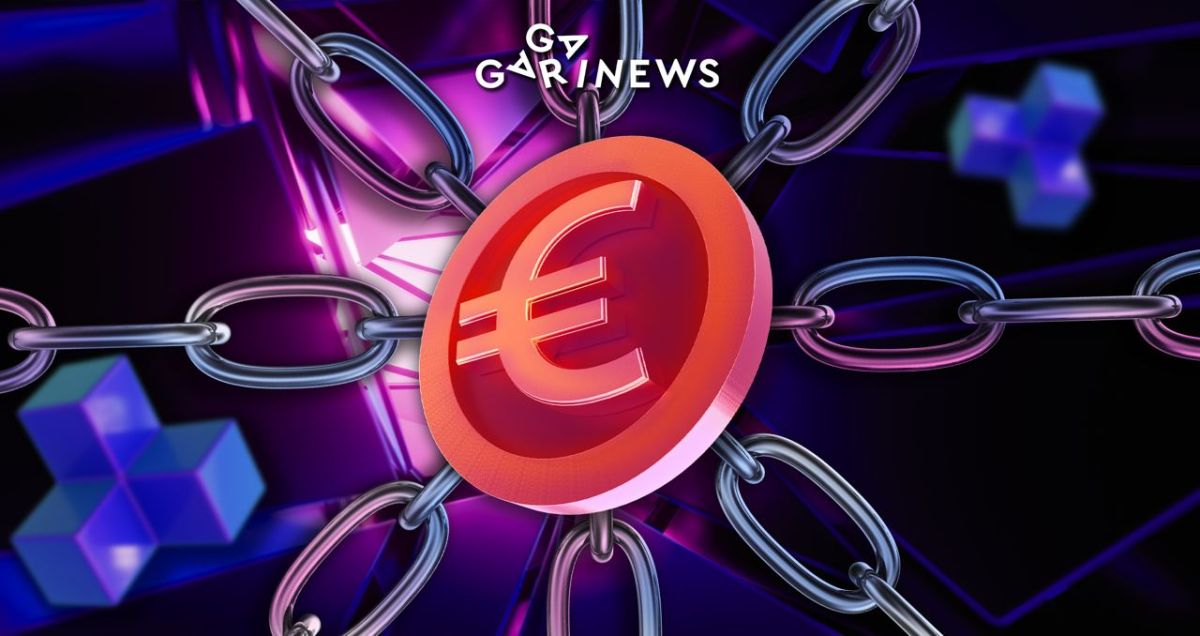JPMorgan Harnesses the Power of Blockchain for Maximum Impact

JPMorgan Chase & Co., the renowned financial powerhouse, has achieved a milestone by broadening the horizons of its groundbreaking blockchain venture, JPM Coin, to encompass transactions denominated in euros.
On this page
JPM Coin, initially conceived for dollar-based transactions in 2019, took its innovation a notch higher by facilitating euro transactions. The spearhead in this new endeavor was none other than Germany’s industrial behemoth, Siemens AG, which executed the inaugural euro transaction through JPM Coin.
Basak Toprak, the helmsman of JPMorgan’s Coin Systems across Europe, Middle East, and Africa, shed light on this development. Despite the inroads made over nearly a decade in marrying blockchain technology with conventional banking, few practical applications have scaled commercial viability, stirring skepticism regarding blockchain’s effectiveness.
However, JPM Coin emerges as a tangible testament to blockchain’s potential in streamlining banking operations, albeit its volume is but a drop in the ocean compared to JPMorgan’s daily transaction turnover of nearly $10 trillion.
One of JPM Coin's novelties lies in its provision of an uninterrupted and swift avenue for wholesale payments, predominantly catering to corporate giants. These entities can now transfer euros and dollars within their global JPMorgan accounts or initiate payments to other JPMorgan clientele, all while circumventing conventional payment methods.
Additionally, corporate treasurers stand to gain substantially through the platform’s efficient liquidity management. As Toprak elucidated, the ability to time payments can translate into augmented interest incomes and cost savings.
JPMorgan's foray into blockchain is part of a larger industry trend. Rival giants like Goldman Sachs Group Inc. have also dabbled in the blockchain domain. Goldman Sachs unveiled its digital asset platform, which facilitates clients to float financial securities as digital assets across various industries, including real estate. Moreover, it played an instrumental role alongside other banks in aiding the European Investment Bank to issue a blockchain-based digital bond.
This development underscores the momentum blockchain technology is garnering within the traditional banking space, as financial titans explore innovative avenues to optimize their operations.
The content on The Coinomist is for informational purposes only and should not be interpreted as financial advice. While we strive to provide accurate and up-to-date information, we do not guarantee the accuracy, completeness, or reliability of any content. Neither we accept liability for any errors or omissions in the information provided or for any financial losses incurred as a result of relying on this information. Actions based on this content are at your own risk. Always do your own research and consult a professional. See our Terms, Privacy Policy, and Disclaimers for more details.
























